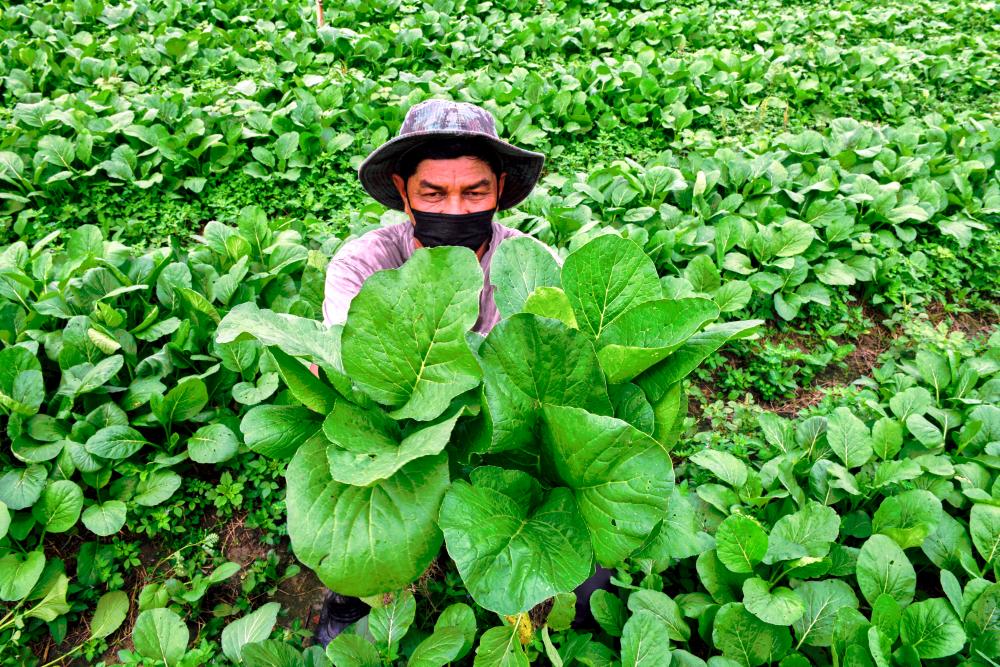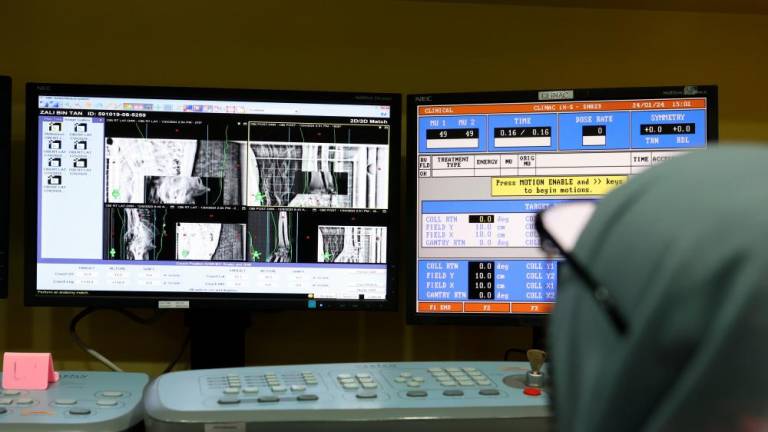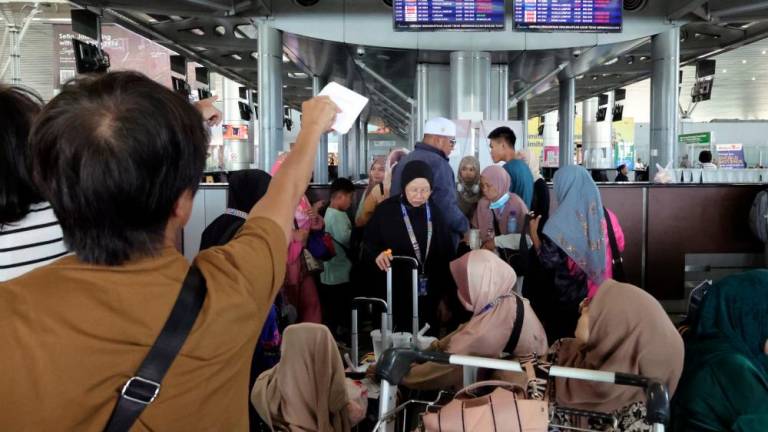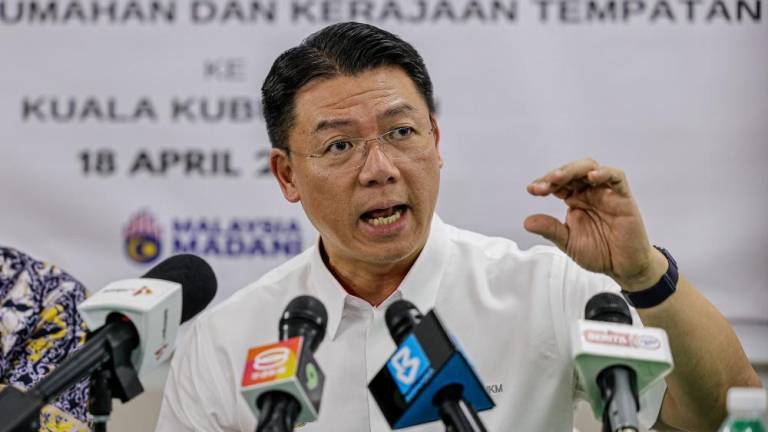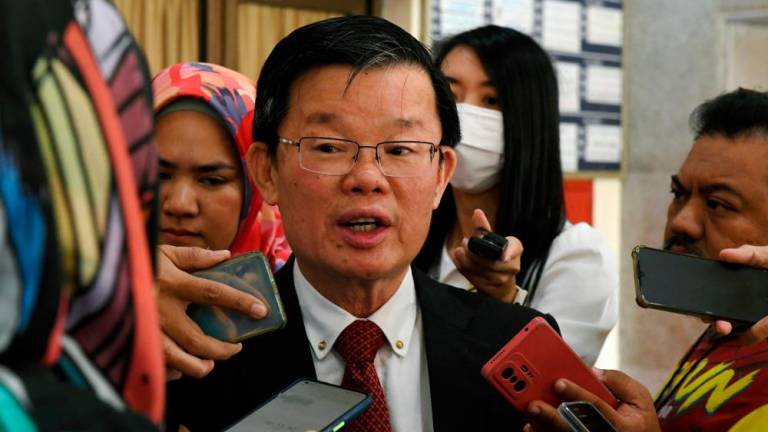KUALA LUMPUR: Malaysia must embark on smart farming to improve agriculture yields and ensure food security, said Universiti Putra Malaysia (UPM) Agriculture Technology Department head Assoc Prof Dr Siva K. Balasundram.
He said this would reduce the RM482.8 billion food import bill that was recorded over the past 10 years, with a significant portion coming from countries such as Thailand, Indonesia, India and Australia, according to the Statistics Department.
Siva told theSun: “The implementation of advanced agricultural technologies such as artificial intelligence (AI) and information technology has been gaining momentum.
“The potential benefits are numerous, ranging from higher crop production to better management of risks due to climate change. This is something we must embark on to improve agriculture yields and ensure food security.”
The Statistics Department earlier said the huge import bill was due to the demand and preferences of consumers, who frequently purchase items such as imported mutton, mango, coconut and beef, with over 70% of mutton imports coming from Australia.
Siva said UPM is serious about modernising agriculture in the country and taking it to the next level by addressing the food security issue. It is even offering an academic programme on smart agriculture.
“The implementation of advanced agricultural technology can also create job opportunities and support sectors conducive to driving economic growth.”
Agriculture and Food Security Minister Mohammad Sabu had previously commented on reviving the agricultural sector in the country.
He said although the country faced economic uncertainties, the ministry was focused and committed to ensuring the well-being of the people in terms of guaranteeing sufficient food.
Siva said through smart farming, tasks that are carried out manually can be made automatic, thus freeing farmers from mundane work and allowing them to engage in additional income-generating activities.
“If done right, the implementation of advanced agricultural technology could see farmers improve their ability to deal with production risks, improve resource management and increase income potential.
“Several challenges must be addressed before implementing smart technology on a large scale. It is crucial, for instance, to consider the potential challenges of embarking on such technology.
“One of these is the need to train more minds on the new agriculture gig economy and the proliferation of start-ups. In addition, funding for research and development in Malaysia needs to be stepped up,” he told theSun.
In supporting Siva’s call, Institute for Development Studies Sabah CEO Datuk Dr Ramzah Dambul said Malaysia is ready for modern, smart precision farming processes to address the national food security issue.
“Smart farming has the potential to facilitate higher productivity, providing significant benefits for livestock and crop growth.
“Although the initial investment costs are higher compared with traditional farming and require learning new skills, the cost of production is much lower in the long term, hence potentially increasing market demand and productivity.
“Digital and engineering technologies, including the application of AI and biotechnology, which aims to genetically improve the quality of crops and livestock species, are engines of agricultural change,” he said.
However, Ramzah added that regulatory measures should be in place to monitor the impact of biotechnology on the environment and human consumption, while the potential negative impact on the natural ecosystem must also be addressed.
“Advanced countries such as Japan have practised innovative ways of farming. This has prompted Malaysia to consider hydroponic systems to produce rice within buildings.
“This provides an alternative method for season-dependent crops that are exposed to climate change, and allows for an increase in productivity.”
He said the transition from traditional to technology-driven agriculture will require training in new skills, but these technologies are user-friendly and have already been implemented in other countries.
“The government must design policies that protect farmers as the whole agriculture sector is changing. It must ensure affirmative policies are in place so that aid through the upgrading of skills and financial assistance can be given to farmers.”



